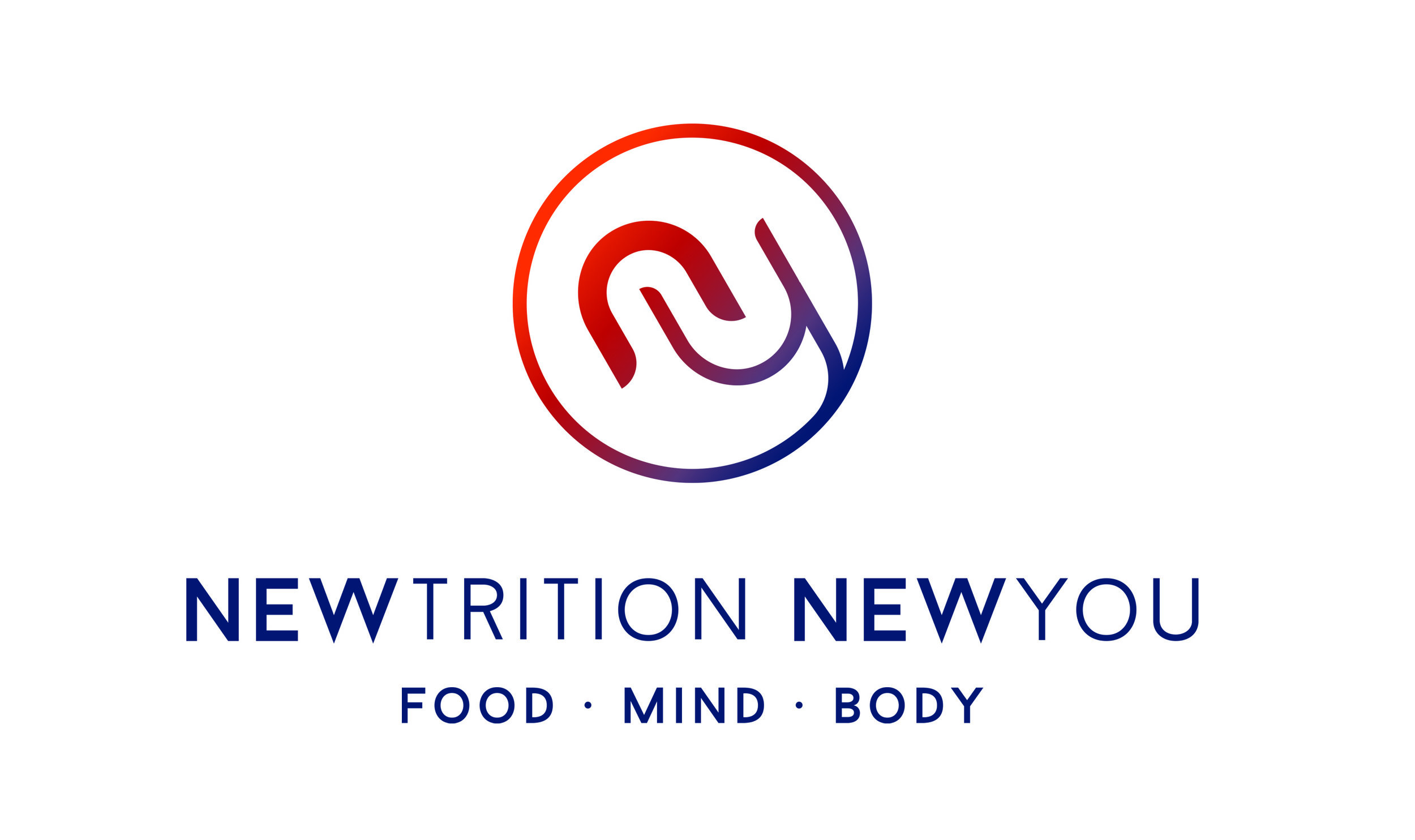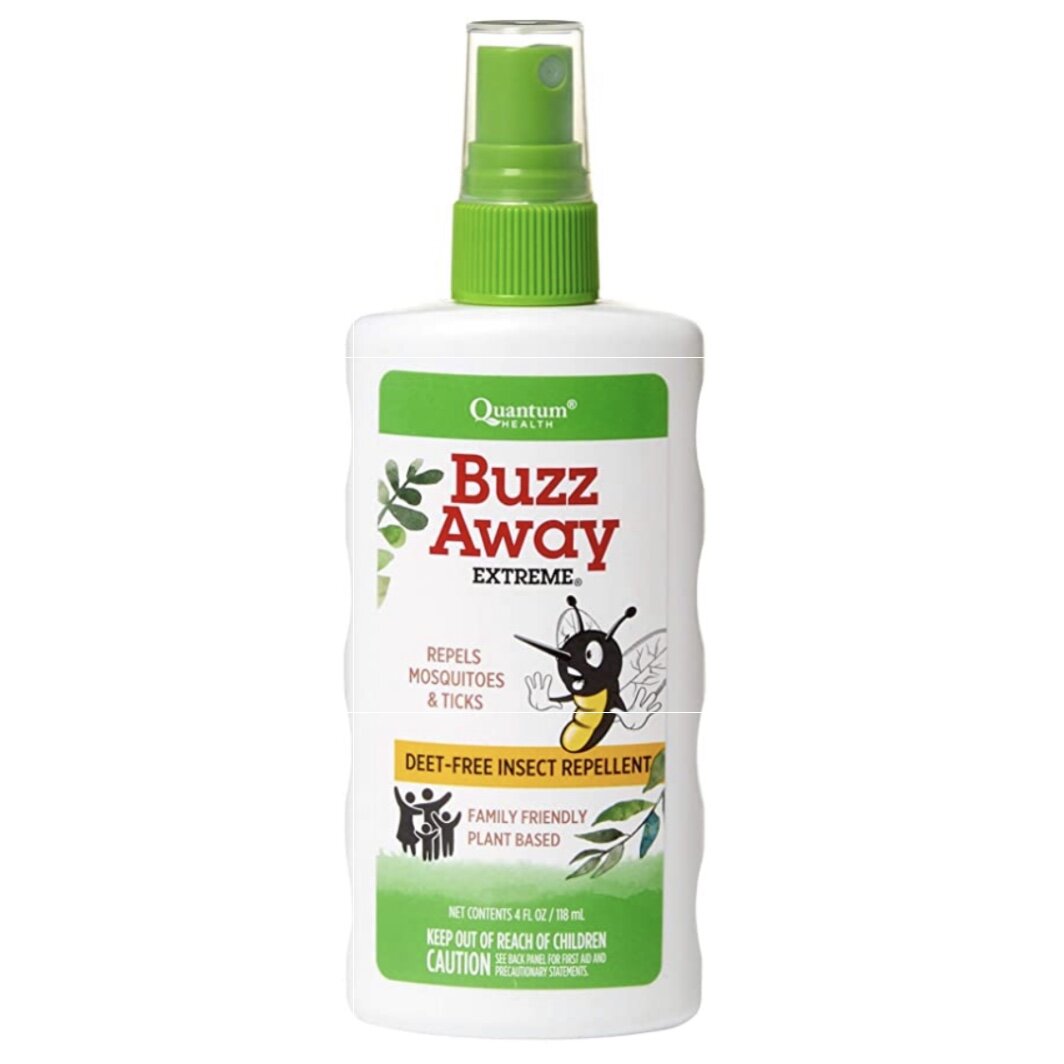IN WITH THE NEW: Bug Spray
Welcome to my weekly featured ”IN WITH THE NEW” CLEAN SWAP! This week we are taking a closer look at bug spray!
I’m always fielding questions from clients and friends about how they can swap out some of their favorite products for safer, toxin-free options without a loss in quality, taste, or performance (depending on the product). Every week, I cover food, cosmetics, personal care, cleaning and laundry products, and even behavior, so if you enjoy these Clean Swaps, please follow me on Instagram and sign up for my 360° OF WELLNESS Newsletter (⬅️by clicking on this link to the left) so that you never miss a new one.
Let’s talk bug spray 🦟
No one hates bugs more than me, but apparently my blood is the Dom Perignon of magical bug elixirs and I get chowed the minute I step outdoors. In fact, I am the mosquito decoy. Friends and family all gather around me in the summer because if I'm close, no one else gets bitten. 👍
Needless to say, bug spray is a MUST for me, so I’ve had to figure out something that would keep the creepy crawlies away but wouldn’t kill me in the long run.
SO WHAT’S SO BAD ABOUT BUG SPRAY? 💁♀️
At this point, I'm not sure what's worse, risking getting infected with Zika or waiting to be struck down by some horrible disease resulting from the scary chemicals lurking in most bug sprays. Not only do you absorb these chemicals through your skin, but inevitably you also end up inhaling and ingesting them when spraying them all over yourself and others. Worst yet, kids get more than their fair share, since they typically have their hands in their mouth… pretty much always.
So let's take a look at the chemicals that the CDC and the EPA maintain are perfectly safe “when used properly, and for short periods of time on the skin.”
🚫 DEET (diethyltoluamide) is the active ingredient in most bug sprays and known as the most effective insect repellent. However, research shows that it may trigger toxic side effects in some situations. A study conducted in the late 1980s on Everglades National Park employees to determine the effects of DEET found that one-quarter of the subjects experienced negative health effects from it , including rashes, skin irritation, numb or burning lips, nausea, headaches, dizziness and difficulty concentrating. And more recent research by Duke University found that frequent and prolonged DEET exposure led to brain cell death and behavioral changes in rats. DEET has many other side effects and has been associated with fatigue, respiratory disorders, allergic reactions, seizures, and an increased risk for non-Hodgkin lymphoma.
🚫 FRAGRANCE, which should just be listed as “hidden toxins,” can hide hundreds of ingredients bc they are considered “trade secrets.” However, they are packed with dangerous, synthetic chemicals, such as phthalates, which are powerful hormone disruptors linked to pre-term births, birth defects, decreased sperm counts, reduced female fertility, and a worsening of allergy and asthma symptoms.
🚫 ISOBUTANE, BUTANE, and PROPANE are odorless gasses that are used as propellants. these are flammable. these are industrial. They’re irritating to the skin and eyes. They’re not good for our lungs.
🚫 ETHANOL is a form of alcohol. It's a solvent used to help distribute the ingredients evenly throughout the product and enhance the skin’s ability to absorb ingredients. According to the Journal of Occupational Medicine and Toxicology, ethanol can be an irritant, and the National Cancer Institute claims it can be carcinogenic when consumed. However, think about the fact that it's presence enhances your skin’s absorption of all the toxins in the product. 😳🙈
🚫 ISOPROPYL MYRISTATE blocks pores and causes pimples and blackheads.
🚫 AMINOMETHYL PROPANOL keeps products fresh by inhibiting corrosion of the dispenser. It is a known irritant and can affect the eyes, skin, and lungs.
READY FOR the CLEAN SWAP?🙋♀️
QUANTUM HEALTH
Buzz Away Extreme
Check out Quantum Health Buzz Away Extreme. I've been using it for two summers and the it gives me hours of relief from mosquitos and ticks. For the first time I noticed that other people are now getting chowed instead of me.
Buzz Away doesn’t contain any synthetic chemicals, DEET, petroleum products, or artificial preservatives. It repels bugs naturally with a powerful proprietary combo of essential oils. Citronella, geranium, lemongrass, cedarwood, peppermint, and other oils help repel insects and don’t stink horribly like many other sprays do. Most importantly, it’s safe—even for the kiddos—and it really works!
Do you have a favorite clean brand?
Send me a message or leave a comment below and share what it is. If I feature it, I’ll give you credit and may even send you a free gift!
If you enjoyed this weeks’s Clean Swap, share it with a friend and sign up for my 360° OF WELLNESS Newsletter (below) so you never miss a new one.e.
ABOUT THE AUTHOR: Victoria Gregory is an Integrative Nutritionist and founder of NEWTRITION NEWYOU. Her focus—whether with private clients, readers of her blog, or her followers on social media— is whole body wellness, incorporating whole-food nutrition, supplementation, exercise, toxin-free living, and mindset coaching. Victoria’s personal mission is to help make the world a healthier place, one person at a time, and she has helped thousands of people find joy and self-love through better eating habits and mindfulness. Learn more about Victoria.









